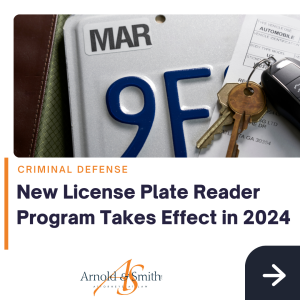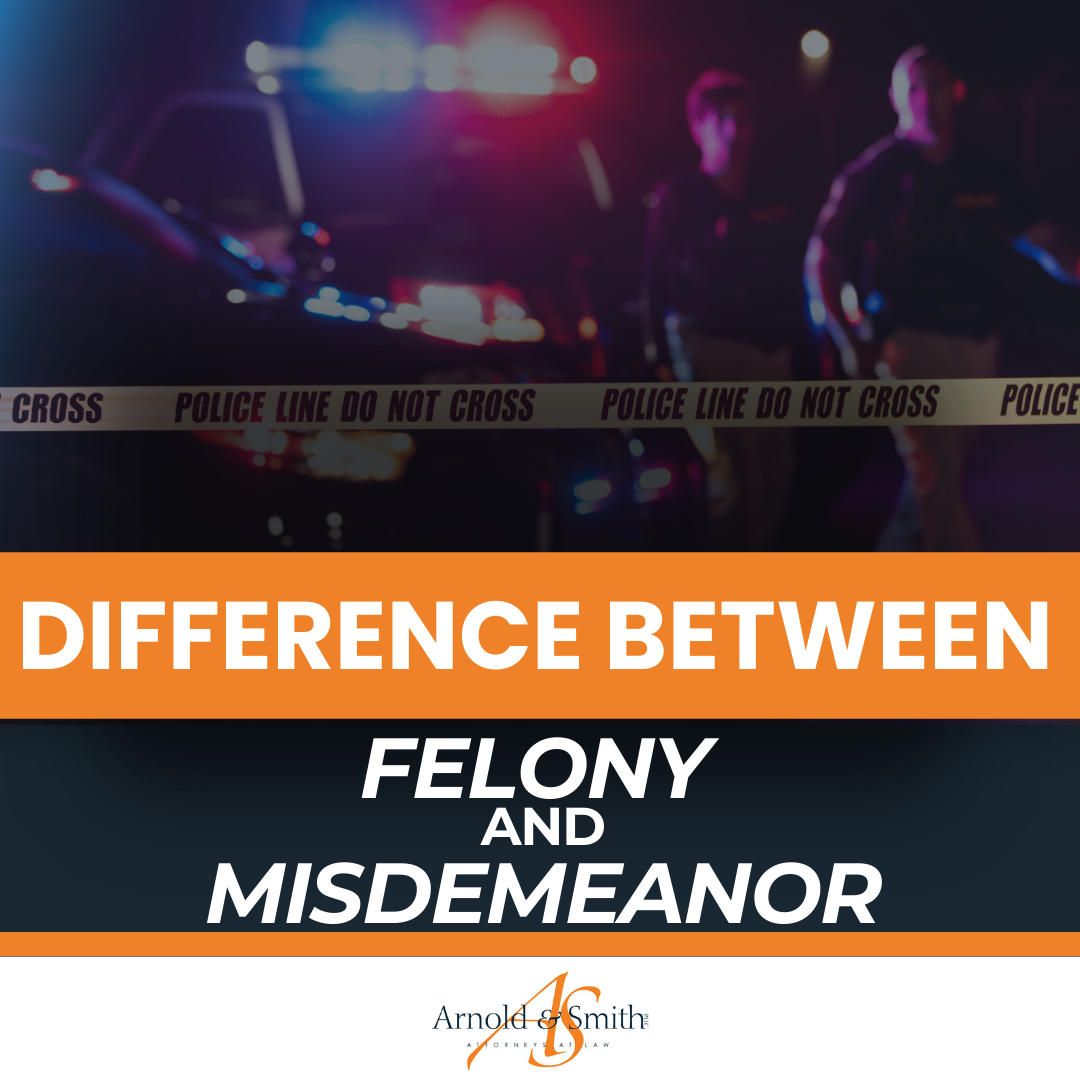 What Criminal Diversion Programs are Available in North Carolina?
What Criminal Diversion Programs are Available in North Carolina?
If you are charged with a crime, you know that you are likely facing a difficult legal process that could result in a conviction. If convicted, you may face penalties that could include fines, probation, and a prison sentence. North Carolina offers criminal diversion programs to help those who are eligible. Diversion programs typically target first-time offenders. A knowledgeable criminal defense attorney will help you through the legal process.
What is a Criminal Diversion Program?
 Charlotte Criminal Lawyer Blog
Charlotte Criminal Lawyer Blog







